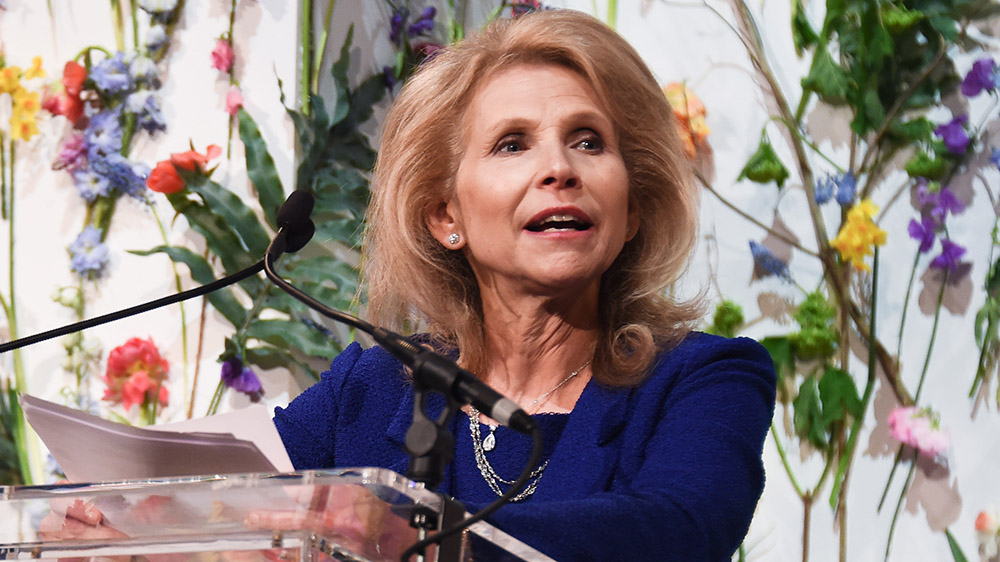CBS Chaos: Who Gained, Who Lost in Truce With National Amusements
By Brian Steinberg
LOS ANGELES (Variety.com) – CBS and National Amusements Inc. have just ended a brief but no-holds-barred turf war. So who gained the most ground and what is next for the company?
For starters, a settlement reached Sunday averts the trial that was scheduled to begin Oct. 3 in Delaware Chancery Court. But it still leaves open a question neither side has been able to solve: Where does go in a world in which it is being dwarfed by rivals?
CBS has a big presence in the U.S. media landscape thanks to its history and the big-tent hits that populate its mothership network. Yet the company is smaller than ever before when compared with Comcast (owner of NBCUniversal); Amazon; Disney (about to snatch up a good chunk of 21st Century Fox); or Netflix.
Shari Redstone, the leader of NAI, had been pressing for change: a possible merger with her family’s other large holding, Viacom, bringing in new blood at the CBS board; and a better line of succession among CBS executives. Redstone got most of what she sought, albeit with some restrictions on NAI’s actions in the short term.
Sunday’s omnibus settlement of Moonves’ fate and the litigation created a board with six new members, selected by the CBS board and NAI with assistance from Richard Parsons, the former Time Warner chief who was also named a director, according to two people familiar with the matter.
CBS, meanwhile, gained a measure of respite from doing something its executives did not want to do. A merger with Viacom might have disrupted a team that has followed a strategy of gaining new revenue from content licensing, retransmission and international and digital sales.
There are also questions — some of them well worth asking — about the performance of some of Viacom’s assets. The agreement puts Moonves’ longtime second-in-command, Joe Ianniello, at the helm, at least temporarily, likely meaning no break in current strategy. Ianniello is seen as a potential candidate for the permanent CEO job, according to one person familiar with the matter, though the board has yet to reveal a timeline for when it might complete its search for a new CBS CEO and chairman. And the new deal ensures National Amusements itself will not seek a merger between Viacom and CBS for at least two years (if its new board were to decide that might be a good maneuver, presumably NAI would back it). According to an SEC filing made Monday, two-thirds of the CBS board would have to approve of a strategic transaction for it to move forward).
Gone from the equation is Leslie Moonves, the longtime CBS chairman-CEO who was forced out as leader and board member after disturbing allegations of sexual assault and misconduct were leveled against him. Moonves has denied some of the allegations as “untrue.” Five other board members that staunchly backed Moonves were also replaced.
NAI agreed to the departure of one board member, David Andelman, a longtime legal advisor to the Redstone family. The end result leaves CBS with a board that is nearly 50-50 in gender balance, with six women including Redstone as vice chairman on the 14-member panel.
Redstone said Sunday that she expected the company’s new board – of which she is a member — to “focus on the business of running CBS – and transforming it for the future.”
NAI has enlisted Candace Beinecke, an attorney who specializes in corporate governance and M&A; Barbara Byrne, a former vice chairman of Barclays who helped Altria spin off Kraft, among other deals; Brian Goldner, the CEO of Hasbro; Susan Schuman, a corporate transformation expert; Strauss Zelnick, a veteran movie-and-music industry executive; and Parsons. In the filing, NAI said it was “open to exploring expressions of interest by third parties in potential business combinations or other strategic alternatives”and would give “good faith consideration to any business combination transaction or other strategic alternative involving CBS that the unaffiliated directors determine may be in the best interests of CBS and its stockholders.”
That future is at present hard to read. Those directors are likely more beholden to NAI than others. Depending on the outcome of CBS’ executive search, the company’s goals and strategy could in just a few months be different than they are today.
Under Ianniello, CBS is likely to chart a course that has pleased investors. “Time and again, we have developed and executed strategies that capitalize on our unique and advantageous position, and what’s most exciting is that we are still in the early innings of that process,” he told employees in a memo Monday. “At the heart of CBS’ ongoing success is its content, and it’s where our focus must remain. We now spend $7 billion a year on programming, which is on par with some of the largest companies in our industry. Looking ahead, as consumption continues to evolve, so will we. But content will always be at the core of our company.”
CBS will have to reach for its next step without losing its footing. Amid the uncertainty, there is work that needs to be done. CBS has the rights to air the next Super Bowl in 2019 and is likely working to sell commercials for top dollar (NBC sought more than $5 million for a 30-second spot in this year’s broadcast). The launch of a streaming-hub linked to “Entertainment Tonight” is expected in coming months. And executives have to find a replacement for top-draw series “The Big Bang Theory,” which is about to open its final season on the network.
The new agreement essentially “resets” CBS, but with a new board of directors that seems more charged to find a long-term strategic solution for one of the nation’s most iconic media companies. The dust is settling after a bruising corporate battle and a surprising drama of a longstanding CEO. But the future of the storied broadcaster may be more uncertain than ever.

